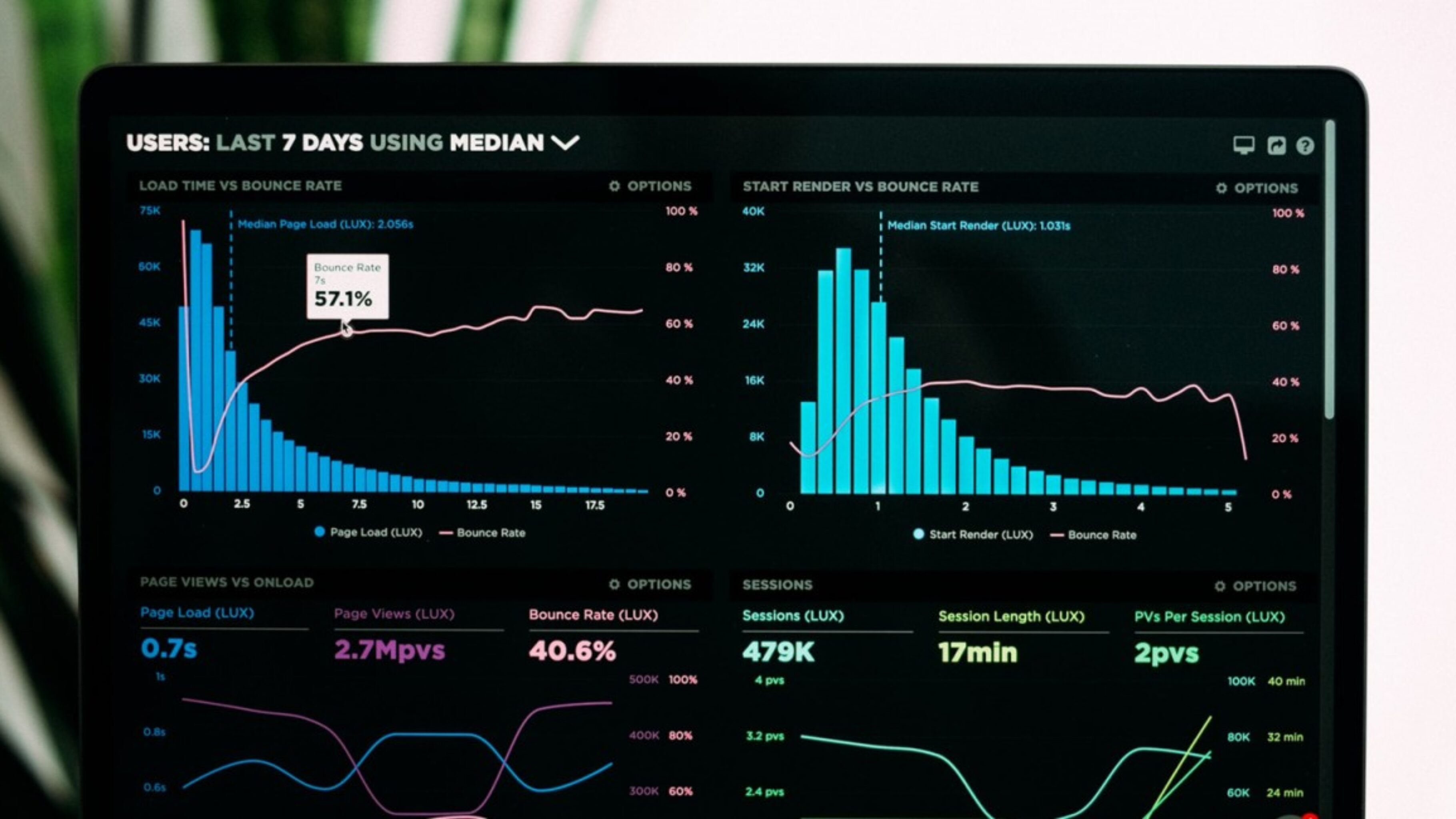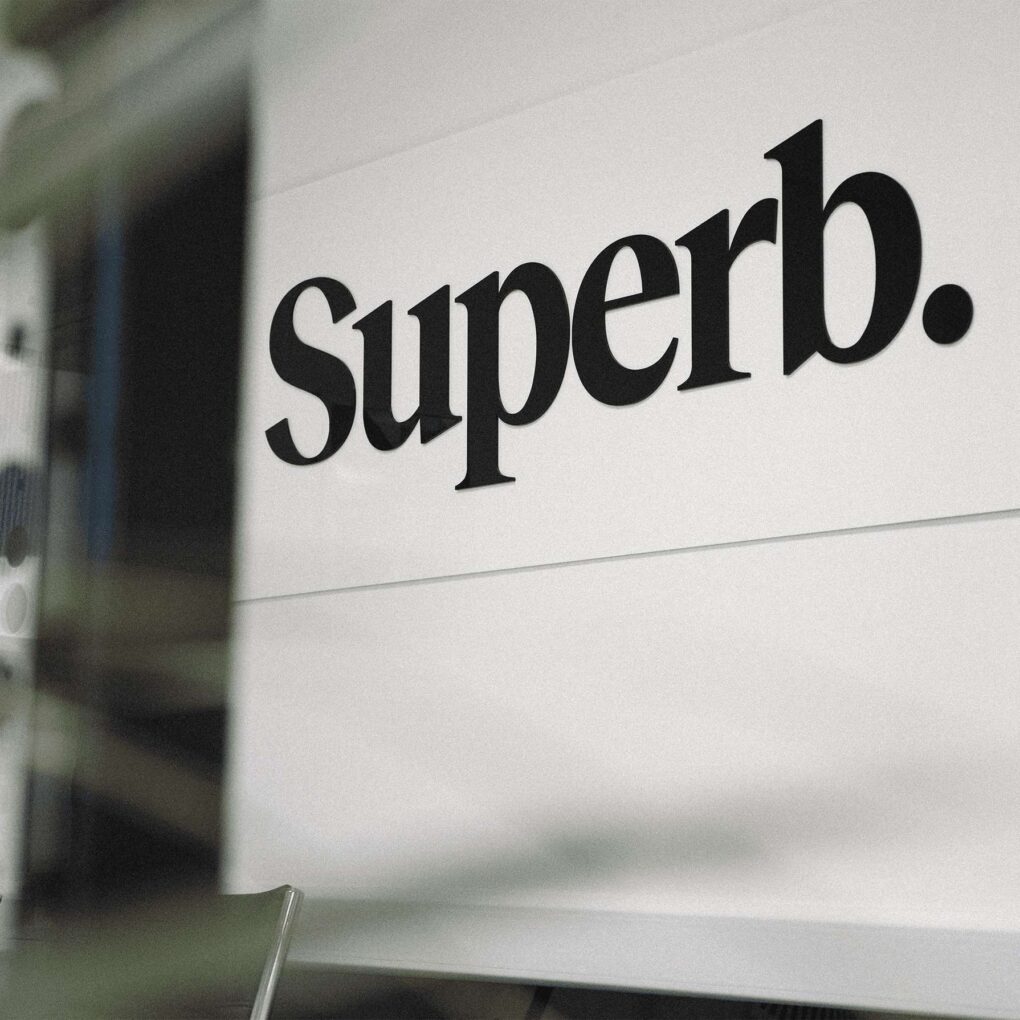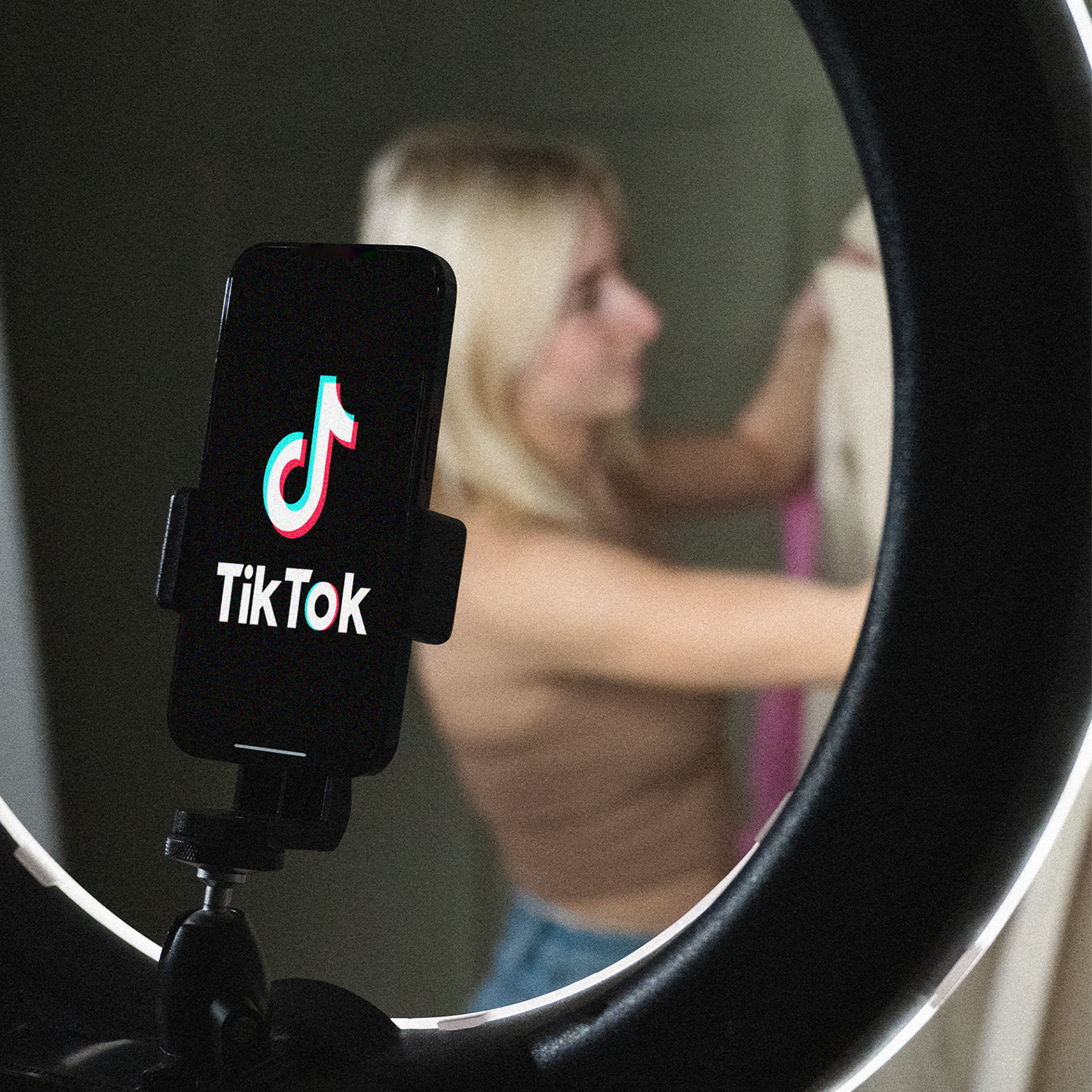When consumers use different social media platforms and visit numerous websites, marketers can capture a range of data about their interests and purchasing behaviour -at particular stages of their journey- thanks to omnichannel strategies. With the customers’ permission, companies use the data to predict their next purchase or to target their potential new customer accurately. Since the digital age has brought a substantial change in the way brands and customers interact, how data-driven marketing has evolved with it?
The development of marketing overtime
According to Marketing Inside Group, since the 60s marketing has gradually evolved from being used at a mass targeting level to a personalised approach. For example, in 1995, email marketing became widely used by marketers. Then, in 2007, once Apple launched their first iPhone, users started making the switch from desktop to mobile, and companies recognised a new opportunity to reach their audience.
In 2018, 88% of marketers used data to enhance their understanding of each customer. In the same year, the UK was named the second largest data market in Europe and valued at £1.58 billion. Cloud Technologies, one of the most massive data warehouses in the world, forecasted that the value of the UK data market would grow by 34% (estimated £18.2 billion) in the following years.
Data Trends 2020
Ethical data collection
Data transparency is the critical aspect companies and marketers need to consider this year. Now more than ever before, people want to make sure they have clarity in how their data is being collected and give authority to decide what information they wish to disclose. In the past two years, the new GDPR took effect and tech giants like Google and Facebook have been penalised for mistreatment of users’ data.
Personalised marketing automation
With fully compliant customer data, collected ethically and independently, every business should set up personalised marketing automation campaigns. 91% of consumers are more likely to purchase from brands who deliver relevant offers and recommendations.
Artificial Intelligence
AI has become increasingly used for lead follow up. Many companies are seeking new ways to improve their response time to potential new customers, with 83% of companies consider AI to be a strategic priority for their revenue growth. The UK’s AI sector is in its fifth year of consecutive growth. Gartner predicts that AI industry in the UK will be worth $3.9 trillion by 2022. Other factors to consider about artificial intelligence in the UK:
- The start-up industry accounts for 89% of the UK’s AI ecosystem
- AI funding in the UK has already surpassed 2018 figures, placing it only behind China and the US
- AI could deliver a 22% boost to the UK economy by 2030 (McKinsey Global Institute)
3 Brands using AI successfully in their personalisation strategies
Amazon
The leader in eCommerce was one of the first companies to pioneer personalized shopping recommendations. Amazon has taken AI technology to the next level, with purchase suggestions not only based on your past purchases but also recommendations based on other customer’s purchasing behaviour, regarding the things they have bought and are searching or browsing for.
Amazon also uses AI across other functions like dynamic pricing. The dynamic pricing algorithm works based on reducing prices to elicit more sales when needed and increasing prices when demand is high. Dynamic pricing has been very effective and it has allowed the retailer to increase optimal sales and revenue automatically.
Apart from using AI to give the customer a personalized experience, Amazon is also using the technology for checkout-free physical stores. So far they have three stores based in Seattle, Chicago and San Francisco. The store works by using AI-powered sensors and cameras which can tell exactly which items a customer has picked up. The articles are then automatically charged to the customers’ Amazon Go app.
Starbucks
In 2016, Starbucks presented a strategic marketing plan that included the use of AI and big data. Since then, they have launched loyalty cards and a mobile app to collect and analyze customer data, making it able to predict purchases, where they are made and at what times of the day. Starbucks is also using AI for predictive analytics to process this data and to derive personalized marketing messages for its customers.
For example, Starbucks can send out product recommendations based on location, offer discounts and also a virtual barista service powered by AI on the app, which allows customers to place orders on their phone using voice commands.
Nike
As the most renowned sports brand in the world, in 2006, Nike had already started research into the different ways they can combine AI technology with their already innovative marketing strategy. In 2017, Nike launched a new interactive campaign that allowed customers to design their sneakers in-store. The AI system behind this campaign enabled Nike to collect massive amounts of data. From this, the brand was able to predict future products and deliver personalized marketing messages.
Chief digital officer of Nike, Adam Sussman has recently announced his long term strategic plan for the brand, which entails the use of body scanning firm Invertex.The capabilities of the Invertex AI system for Nike are boundless, and previously the technology was able to scan and size shopper’s feet and send that data directly to their smartphone. According to Adam Sussman, this tech will “deepen our bench of digital talent and further our capabilities in computer vision and AI”.
The importance and rising of personalization and AI across all industries is inevitable. That’s why at We Are Superb, and we offer a solution called RecommendPro. In essence, they focus on empowering retailers and eCommerce brands like you, on increasing sales every day, through the use of AI and data-driven marketing.








